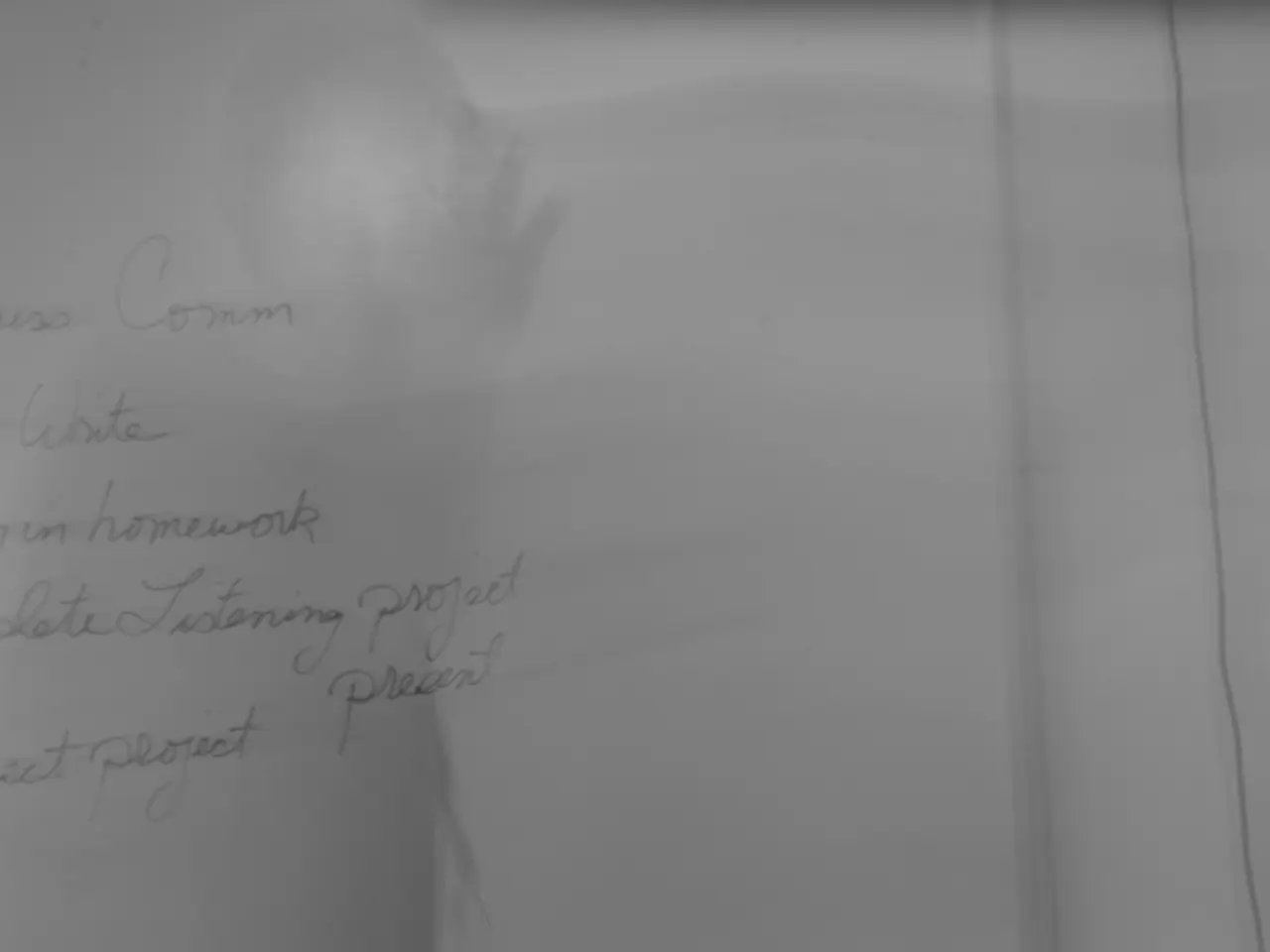Wealthier Americans to gain disproportionate advantages from Trump's tax reform, according to the Congressional Budget Office, with lower-income citizens facing reduced financial resources.
The recently enacted tax and spending law, initiated under President Donald Trump and primarily embodied by the 2017 Tax Cuts and Jobs Act (TCJA) and its extension through the 2025 One Big Beautiful Bill (OBBB), has specific impacts on the poorest and richest Americans.
For the richest Americans, the law offers substantial tax cuts. The corporate tax rate has been permanently reduced from 35% to 21%, and estate tax exemptions have been increased. Additionally, there are large deductions for pass-through business income. About 20% of households, mainly upper-middle to high income, see tax cuts exceeding $1,000 annually under the new law regime. The richest tend to retain or increase benefits like the larger standard deduction, while some itemized deductions remain limited but overall favorable to high earners.
In contrast, for the poorest Americans, the direct tax relief is minimal. Nearly half of households see less than $100 in tax cuts by 2026. The law includes cuts to Medicaid funding and related support programs, such as reductions in Medicaid provider taxes and possible tightening of eligibility criteria by states. These changes can reduce healthcare access for low-income individuals. Food assistance programs like SNAP (food stamps) and funding for organizations such as Planned Parenthood face reductions, potentially decreasing benefits or coverage for the poorest. These spending cuts may also lead to increased healthcare premiums and reduced health insurance coverage among low-income populations.
The nonpartisan Congressional Budget Office reported that President Donald Trump's tax and spending law will result in less income for the poorest Americans while sending money to the richest. More than 10 million Americans are expected to be without health insurance by 2034 due to changes to Medicaid under the law. Changes to eligibility for government food assistance under the law will impact millions of Americans.
The crowd in Lincoln, Nebraska chanted "Tax the rich" last week during a townhall with Republican Rep. Michael Flood, reflecting some public sentiment regarding the distribution of tax benefits. Republicans, however, are promoting the upsides of the tax and spending law, arguing that the tax cuts will spur economic growth.
As lawmakers take their messages about the bill to voters during a monthlong summer break from Washington, some Republicans have faced opposition and earfuls from voters and activists during townhalls in their home districts regarding the tax and spending law. Rep. Jason Smith, the Republican chair of the House Ways and Means Committee, criticized the Congressional Budget Office's methodology and bias towards more federal spending and higher taxes.
The legality of Trump's deployment of the National Guard in Los Angeles is being argued in federal court, while the Trump administration plans to take over the D.C. police and deploy the National Guard to fight crime in the nation's capital.
Sources:
- The Hill
- CNBC
- Brookings Institution
- Forbes
- The economical impacts of the 2017 Tax Cuts and Jobs Act (TCJA) and the 2025 One Big Beautiful Bill (OBBB) significantly favor the richest Americans, offering substantial tax cuts along with increased estate tax exemptions and large deductions for pass-through business income.
- In contrast, the poorest Americans experience minimal direct tax relief, with nearly half of households seeing less than $100 in tax cuts by 2026. This law includes cuts to Medicaid funding and related support programs, potentially increasing healthcare premiums and reducing health insurance coverage among low-income populations.
- The distribution of tax benefits, as made evident in the recently passed law, has sparked public sentiment, with chants of "Tax the rich" heard at townhall meetings between lawmakers and constituents.
- As lawmakers advocate for the economic growth benefits of this tax and spending law during a summer break from Washington, some have faced opposition from voters and activists concerned about its impact on the poorest Americans, particularly regarding healthcare and Medicaid.
- Meanwhile, the Trump administration's policies and legislation extend beyond economic matters, with disputes over the legality of deploying the National Guard in various cities and plans to take control of the D.C. police force, as well as discussions regarding the deployment of the National Guard to fight crime in the nation's capital.




